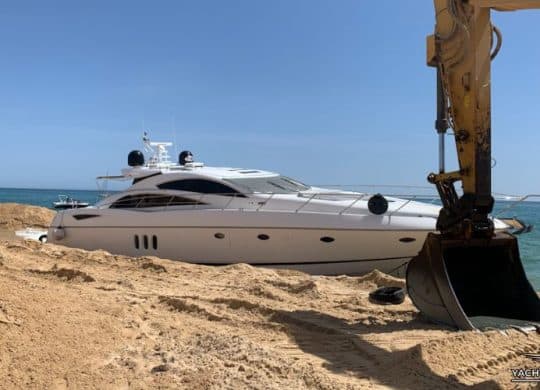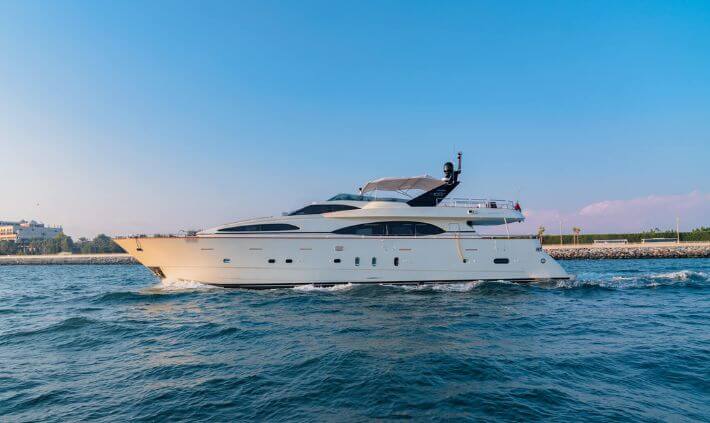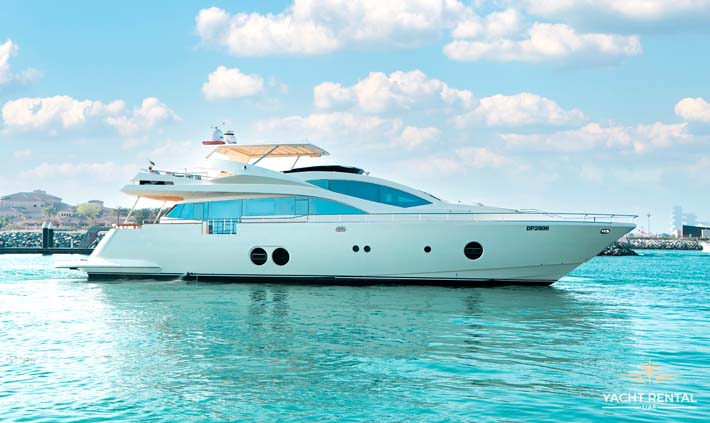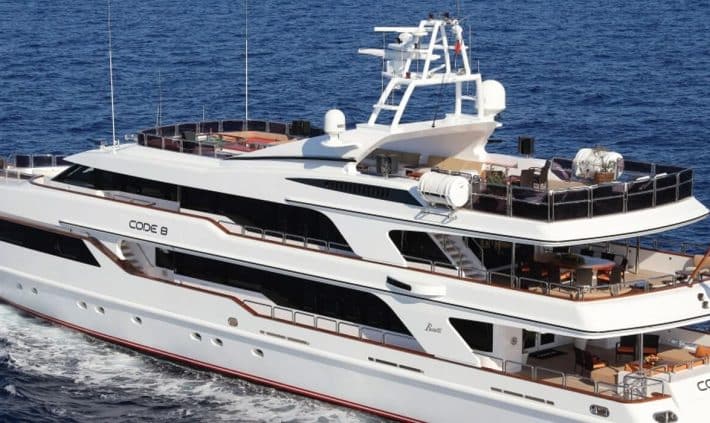No, Elizabeth Warren Does Not Own a Yacht
Elizabeth Warren has never owned a yacht, and there is no credible evidence suggesting she has ever considered purchasing one. This fact has been confirmed through multiple sources and Warren’s own public statements. The Senator’s financial transparency through mandatory Senate disclosure forms shows her assets clearly:
- Real estate holdings in Cambridge, Massachusetts
- Investment accounts including mutual funds and retirement savings
- Book royalties from her published works
- No luxury goods such as yachts, private jets, or expensive art collections
Warren addressed these rumors directly in a 2019 MSNBC interview, stating she does not own a yacht and has no plans to purchase luxury items that conflict with her political positions on wealth inequality.
Elizabeth Warren’s Actual Net Worth in 2025
Based on the most recent financial disclosures and estimates, Elizabeth Warren’s net worth stands at approximately $12 million as of 2024-2025. This wealth accumulation spans decades of academic work, book sales, and careful financial planning.
| Asset Category | Estimated Value | Primary Source |
| Real Estate | $5-7 million | Cambridge home and properties |
| Investment Accounts | $3-4 million | Mutual funds and retirement savings |
| Book Royalties | $1-2 million | Published works including “The Two-Income Trap” |
| Cash and Checking | $200,000-500,000 | Standard liquid assets |
Her wealth primarily stems from her successful academic career at Harvard Law School, where she earned substantial salaries, combined with royalties from her numerous books on bankruptcy law and consumer protection. Unlike some congressional colleagues, Warren’s wealth does not include luxury assets or speculative investments.
Where the Yacht Rumors Started
The yacht ownership rumors appear to have originated from political misinformation campaigns designed to portray Warren as hypocritical given her strong positions on wealth taxation and economic inequality. These false claims first gained traction around 2018-2019 as Warren prepared for her presidential campaign:
- Social media amplification through partisan accounts and bot networks
- Political opposition research attempting to find contradictions in her lifestyle
- Misinterpretation of net worth assuming wealthy individuals automatically own luxury items
- Confusion with other politicians who do own yachts or luxury assets
The rumors persist despite Warren’s transparent financial disclosures and public denials because they serve a political narrative that attempts to undermine her credibility on wealth inequality issues.
Why Yacht Ownership Would Contradict Warren’s Politics
A luxury yacht purchase would represent a fundamental contradiction to Warren’s core political positions and public persona. Her entire political brand centers on fighting excessive wealth accumulation and luxury spending by the ultra-rich. Warren’s policy positions make yacht ownership particularly problematic:
- Wealth tax proposals targeting assets over $50 million
- Luxury goods taxation including yachts, private jets, and expensive art
- Consumer protection advocacy against predatory lending and excessive spending
- Economic inequality messaging about the dangers of concentrated wealth
She has consistently argued that wealthy Americans should contribute more to society through higher taxes rather than spending on luxury items. Owning a yacht would undermine this message and provide ammunition for critics who question her authenticity on economic issues.
Warren’s Real Estate and Spending Habits

Warren’s actual assets reveal a pattern of modest, practical spending rather than luxury indulgence. Her primary residence in Cambridge, Massachusetts, represents the bulk of her wealth accumulation. Her documented spending patterns include:
- Cambridge home purchase in 1995 for $447,000 (now worth approximately $3-4 million)
- Conservative investment strategy focusing on index funds and retirement accounts
- Charitable giving to educational institutions and progressive causes
- Practical vehicle choices including a 2015 Honda Civic
Warren has spoken publicly about her middle-class upbringing and financial struggles early in her career, which shaped her conservative approach to personal spending. She has consistently chosen practical over luxury options in her personal life.
How Warren’s Wealth Compares to Congress
Warren’s $12 million net worth places her in the upper tier of congressional wealth, but far below the ultra-wealthy members who own luxury assets like yachts.
| Wealth Tier | Net Worth Range | Warren’s Position |
| Ultra-wealthy Congress | $50M+ | Well below this tier |
| Very wealthy Congress | $25-50M | Below this range |
| Wealthy Congress | $10-25M | Warren’s current range |
| Upper-middle Congress | $5-10M | Above this tier |
| Median Congress | $1-5M | Significantly above median |
Among senators, Warren ranks approximately in the top 25% for wealth but remains far from the ultra-wealthy tier that includes members with $50+ million net worth who might realistically own luxury yachts.
Warren’s Position on Yacht Taxation
Warren’s policy proposals specifically target luxury goods like yachts as part of her broader wealth taxation agenda. Her stance on yacht taxation provides additional context for why yacht ownership would be particularly contradictory. Key policy positions include:
- Ultra-millionaire tax applying to net worth over $50 million
- Luxury goods surcharge on purchases over $250,000 including yachts
- Wealth inequality reduction through progressive taxation
- Consumer protection against predatory lending for luxury purchases
She has argued that luxury yacht ownership represents the type of excessive wealth concentration that her policies aim to address. This makes the yacht ownership rumors particularly ironic given her specific policy proposals targeting such purchases.
The Bottom Line
The persistent rumors about Elizabeth Warren owning a yacht reflect broader challenges in political discourse where misinformation can overshadow factual analysis. Warren’s actual financial profile shows a pattern of practical, middle-class spending habits that align with her political messaging on wealth inequality.
Her transparent financial disclosures, public denials, and consistent policy positions provide clear evidence that she does not own a yacht. The rumors persist primarily because they serve partisan political purposes rather than reflecting factual reality.
For citizens evaluating political figures’ authenticity, this case demonstrates the importance of consulting primary sources like official financial disclosures rather than relying on social media claims or partisan allegations. Warren’s financial transparency provides a model for how elected officials can maintain credibility on economic issues through consistent personal choices that align with their public positions.
The yacht ownership question ultimately reveals more about the nature of political misinformation than about Warren’s actual financial situation. In an era of rapid information spread, distinguishing between factual reporting and political propaganda becomes increasingly crucial for informed democratic participation.







